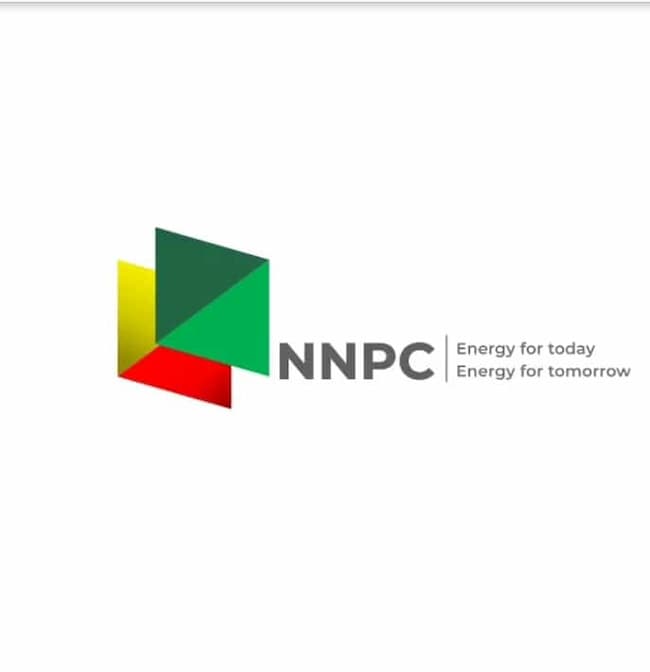According to a review of current statistics from the national oil company, the Nigerian National Petroleum Company Limited (NNPCL) showed a project financing underperformance of $1.216 billion between January and June of this year.
While the total expected investment for the purpose for the entire year of 2022 was estimated at $3.21 billion, the monthly prediction for cost recovery and funding of government priority projects was $536 million.
NNPCL statistics, however, revealed that the corporation fell $1.216 billion short of its target for the first half of this year. It showed that over the period when over $500 million was allocated as the amount to be spent each month, $333.4 million was spent in January, but it sharply decreased to $18.1 million for the remainder of the period. Pr
iority project funding increased once more in March, reaching $294.3 million and $150.5 million respectively in April.
In May, financing totalled $113.3 million, and in June, it reached $249.8 million.
The organization’s failure to pay its monthly financial obligation to the federation, which consists of the federal, state, and municipal governments and operates a joint account and a worsening cash shortage are the causes of the default.
Despite having allocated around $5.8 billion for cost recovery and key initiatives, the corporation reported a deficit of over $2.6 billion in 2021.
While a party can recover its capital and operating expenditures through cost recovery from a predetermined portion of production, the NNPC also has significant oil and gas projects intended to increase the country’s production.
Some of the projects, which have been on for years include domestic gas development initiatives, frontier exploration, renewable energy and the Nigeria/Morocco pipeline. They also include the Gbaramatu IPP/Excravos power plant, upgrade and rehabilitation of Delta IV, upgrade of Oben metering, Sapele metering station, Ajaokuta metering station as well as the construction of Egbin 500mmscfd gas facility.
In addition, the NNPCL had previously listed the construction of the West Niger Delta project, Asa north Ohaji project, Excravos/Lagos pipeline expansion, OB3 supply lines as well as the Ajaokuta-Kaduna-Kano (AKK) project as some of its priority projects. Also listed was the Brass LNG, although funding has since dried up for the project.
In all, a shortfall of $94.7 million was recorded in January, $398.7 million in February, $213 million in March and $214.3 million in April. In addition, in May, the NNPCL defaulted to the tune of $171.4 million while in June, it was $124 million.
Also, the NNPCL has slashed its cash call arrears since 2016 from the initial $4.689 billion to $873.3 million as of July. The huge sums owed to five international oil companies have now slumped after the company fully paid off Mobil Producing Nigeria Limited and Chevron Nigeria Limited. The two IOCs were initially owed $833.7 million and $1.097 billion respectively.
While both oil firms have now been fully cleared, however, Shell Petroleum Development Company (SPDC), Total and Agip are still indebted to the tune of $595.1 million, $65.1 million and $213.1 million respectively. But all the IOCs have now been paid $3.816 billion cumulatively since 2016, the data showed.
The national oil company had signed the cash-call repayment agreements with the five IOCs to defray the cash-call arrears within a period of five years after many years. However, the repayment period has now exceeded six years.
Cash Call obligations arise when non-operating JV partners like the NNPCL are called upon to provide funding for operations usually based on each partner’s equity in the project. At the time, the Ministry of Petroleum Resources had negotiated a discount with the IOCs, comprising SPDC, Total, Mobil, Chevron and Agip from about $5.1 billion down to $4.68 billion and had since then continued to reduce the debt payments in instalments.
The cash call arrangements, under which NNPCL pays for its 55 per cent to 60 per cent share of investment in the upstream joint ventures, had been in place for over 40 years before it was restructured.
Although the international price of crude oil has been mostly above $100, spurred by the Covid-19 recovery by most economies and the Russia-Ukraine war, the NNPCL has not benefitted fully from the rise, since it cannot meet its Organisation of Petroleum Exporting Countries (OPEC) quota.
The government blames massive oil theft, sabotage and lack of investment in the upstream sector as some of the challenges faced in ramping up production, which almost hit a deficit of 800,000 BPD in July.
In addition, the little realised from the sale of Nigeria’s crude oil is used in the importation of petrol, which is highly subsidised. This year alone, it is expected to gulp at least N4 trillion.













